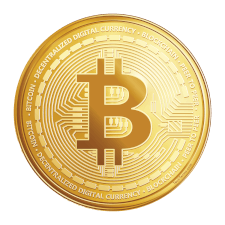Bitcoin
Bitcoin is a digital currency that was introduced in 2009. There is no physical version of the currency, so all Bitcoin transactions take place over the Internet. Unlike traditional currencies, Bitcoin is decentralized, meaning it is not controlled by a single bank or government. Instead, Bitcoin uses a peer-to-peer (P2P) payment network made up of users with Bitcoin accounts.
Bitcoins can be acquired using two different methods: 1) exchanging other currencies for bitcoins, and 2) bitcoin mining. The first method is by far the most common and can be done using a Bitcoin exchange like Mt. Gox or CampBX. These exchanges allow users to trade dollars, euros, or other currencies for bitcoins.
The other method, bitcoin mining, involves setting up a computer system to solve math problems generated by the Bitcoin network. As a bitcoin miner solves these complex problems, bitcoins are credited to the miner. While this seems like an easy way to earn bitcoins, the Bitcoin network is designed to generate increasingly more difficult math problems, which ensures new bitcoins will be generated at a consistent rate. Additionally, the Bitcoin protocol and software are open source to make sure the network isn't controlled by a single person or entity.
When you obtain bitcoins, your balance is stored in a secure “wallet” that is encrypted using password protection. When you perform a bitcoin transaction, the ownership of the bitcoins is updated in the network and the balance in your wallet is updated accordingly. Bitcoin transactions are verified by the bitcoin mining systems connected to the network, so there is no need for a central bank to authorize transactions.
Since bitcoins are transferred directly from person to person, the transaction fees are small (around $0.01 per transaction). Additionally, there are no prerequisites for creating a Bitcoin account and no transaction limits. Bitcoins can be used around the world, but the currency is only good for purchasing items from vendors that accept Bitcoin.
 Test Your Knowledge
Test Your Knowledge